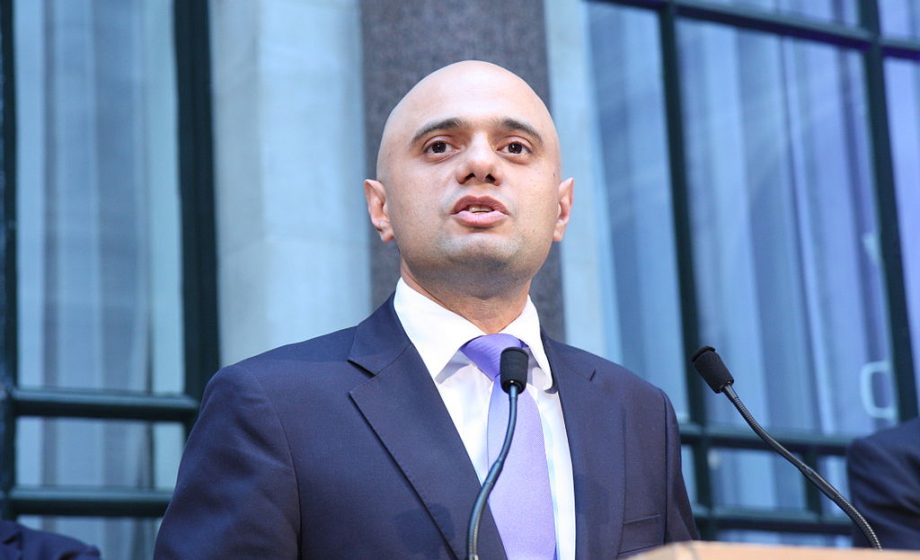The UK will move forward with its plan to tax multinational digital firms, despite retaliatory threats from US officials, chancellor Sajid Javid said at the World Economic Forum in Davos earlier this week, according to The Guardian.
“We plan to go ahead with our digital services tax in April,” he said. “It is a proportionate tax, and a tax that is deliberately designed as a temporary tax.”
As with a recent, similar proposal by France, the 2 percent digital tax would be canceled if a single, international framework were established by the Organisation for Economic Co-operation and Development (OECD).
And like the French proposal, the tax plan is facing opposition from the US, where tech giants like Google, Amazon, and Facebook are based.
US Treasury Secretary Steven Mnuchin said to expect a retaliation, most likely with a tax on UK car imports.
In response to France’s digital tax plan, US officials threatened a tax on French imports such as wine. While France postponed the proposal for now, French economic minister Bruno Le Maire said tech companies will ultimately be forced to “pay their tax dues,” whether through a national tax or an OECD deal.
Mnuchin and International Monetary Fund chief Kristalina Georgieva instead voiced support for a multilateral solution, negotiated through the OCED.
“If people want to just arbitrarily put taxes on our digital companies we will consider arbitrarily putting taxes on car companies,” Mnuchin said.
Georgieva agreed that an updated tax framework is overdue, to ensure that digital companies pay appropriate taxes in countries where they generate revenue, but may not have a physical presence.
“But do it properly and do it in a multilateral context rather than having countries coming up with plans here, there and everywhere,” she said.
On Thursday, Europe’s digital policy chief Margrethe Vestager said she supports national digital tax plans, as a way of maintaining pressure to move toward an international deal. She also said the EU would revisit its own plans for a tax on tech giants if an international solution isn’t reached within a year.
An earlier proposal for a 3 percent tax on digital firms was rejected by EU member states including Sweden, Denmark, and Ireland. EU tax laws require a unanimous vote to become law.
“I think it is very important that we keep up the momentum. Because of this very fundamental injustice that most people and businesses pay their taxes and they are competing with businesses who create value but do not pay taxes,” she told reporters.
OECD head Ángel Gurría said Thursday he was optimistic that an international tax framework could be drafted by July.
Photo by Foreign and Commonwealth Office [CC BY (https://creativecommons.org/licenses/by/2.0)]

